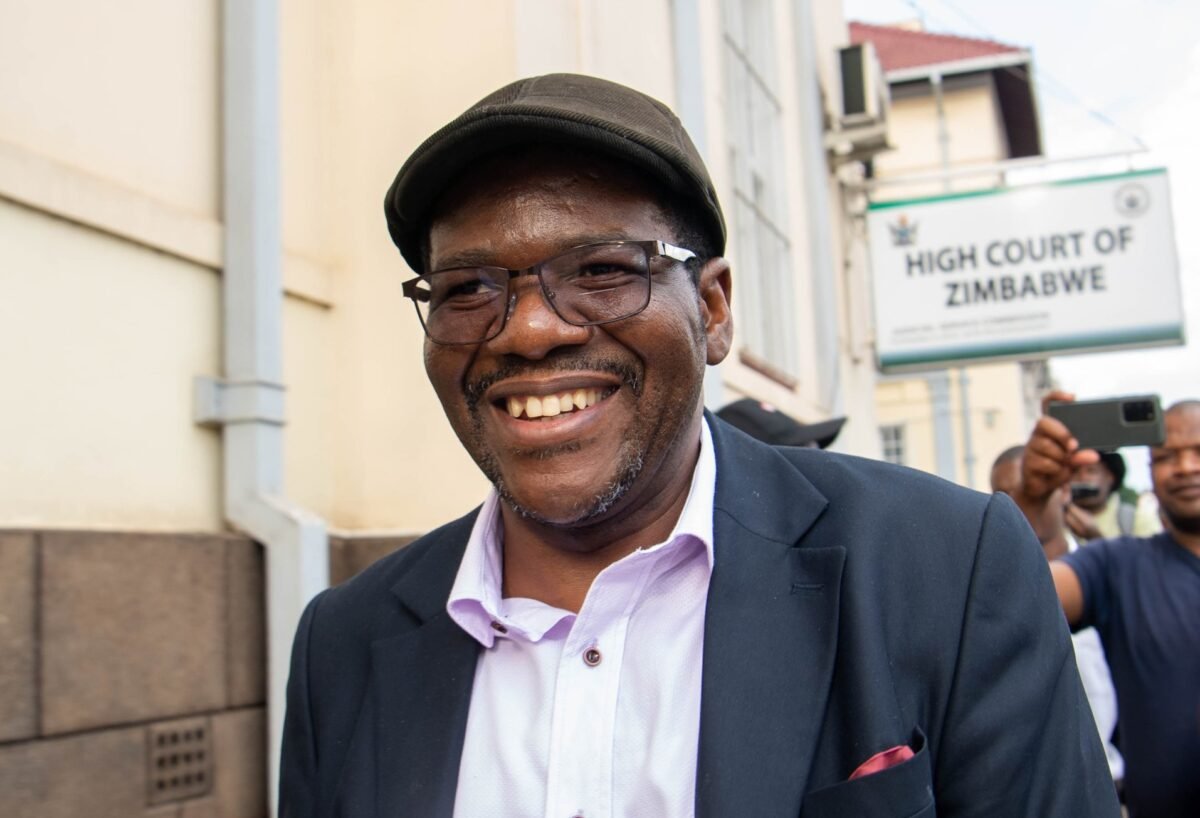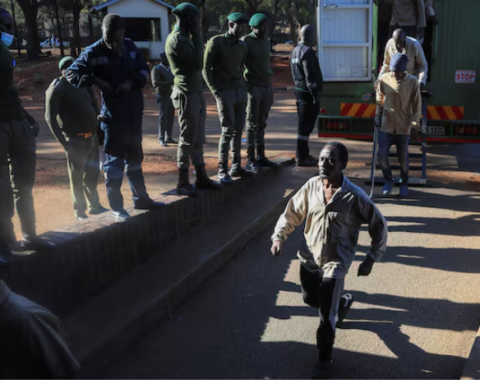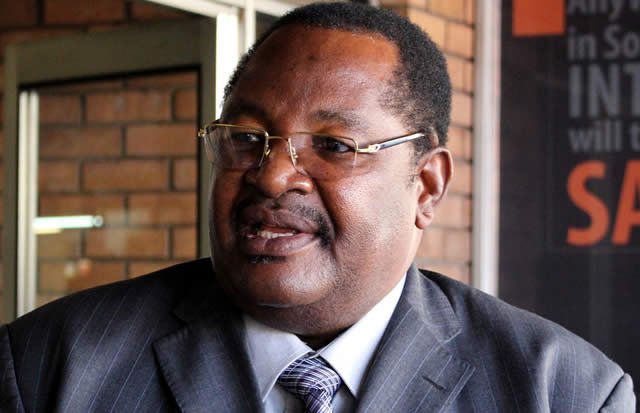In a striking development within Zimbabwe’s political landscape, Sengezo Tshabangu, the interim secretary general of the Citizens’ Coalition for Change (CCC), has embroiled himself in controversy by recalling various elected opposition members from parliament and local councils. Tshabangu, who is under suspicion for allegedly collaborating with the ruling Zanu PF party to weaken the opposition, has further stirred the pot by nominating himself and seven other CCC politicians for proportional representation (PR) seats in the Senate.
The list of nominated individuals includes Lilian Mlilo, Ivumile Kucaca Phulu, Linda Sibanda, and Collect Ndlovu, all representing Bulawayo, alongside Maxwell Mdhluri from Manicaland. From Matabeleland North, Tshabangu’s home region, Teresa Kabondo and Grace Mumpande have been selected, with Sam Chapfudza from Masvingo province also joining the ranks.
Utoile Silaigwana, the Chief Elections Officer for the Zimbabwe Electoral Commission (ZEC), announced that Tshabangu and his selected associates are poised for their imminent inauguration into the nation’s Senate.
The backdrop to these nominations is Tshabangu’s initiation of numerous recalls targeting CCC members of parliament and councillors he accused of being improperly installed as candidates in the August 2023 elections by Nelson Chamisa. Chamisa, a prominent figure in the opposition, resigned last month, attributing his departure to an infiltration of the party by elements funded by Zanu PF, including Tshabangu.
The developments have elicited sharp criticism from Hopewell Chino’ono, an award-winning journalist and filmmaker, who labeled Tshabangu as a “political fraudster” exploiting the lack of rule of law in Zimbabwe. Chino’ono’s condemnation reflects a broader concern over the integrity of the country’s democratic processes, describing the situation as a manifestation of a “crooked and captured judiciary” operating under a “corrupt dictatorship.”
Chino’ono’s commentary underscores the gravity of the situation, framing it as not only a betrayal by those within the CCC but also as indicative of the larger issues of governance and legal oversight in Zimbabwe. The incident raises questions about the future of opposition politics in the country and the role of the judiciary and electoral bodies in ensuring fair and transparent political practices.








